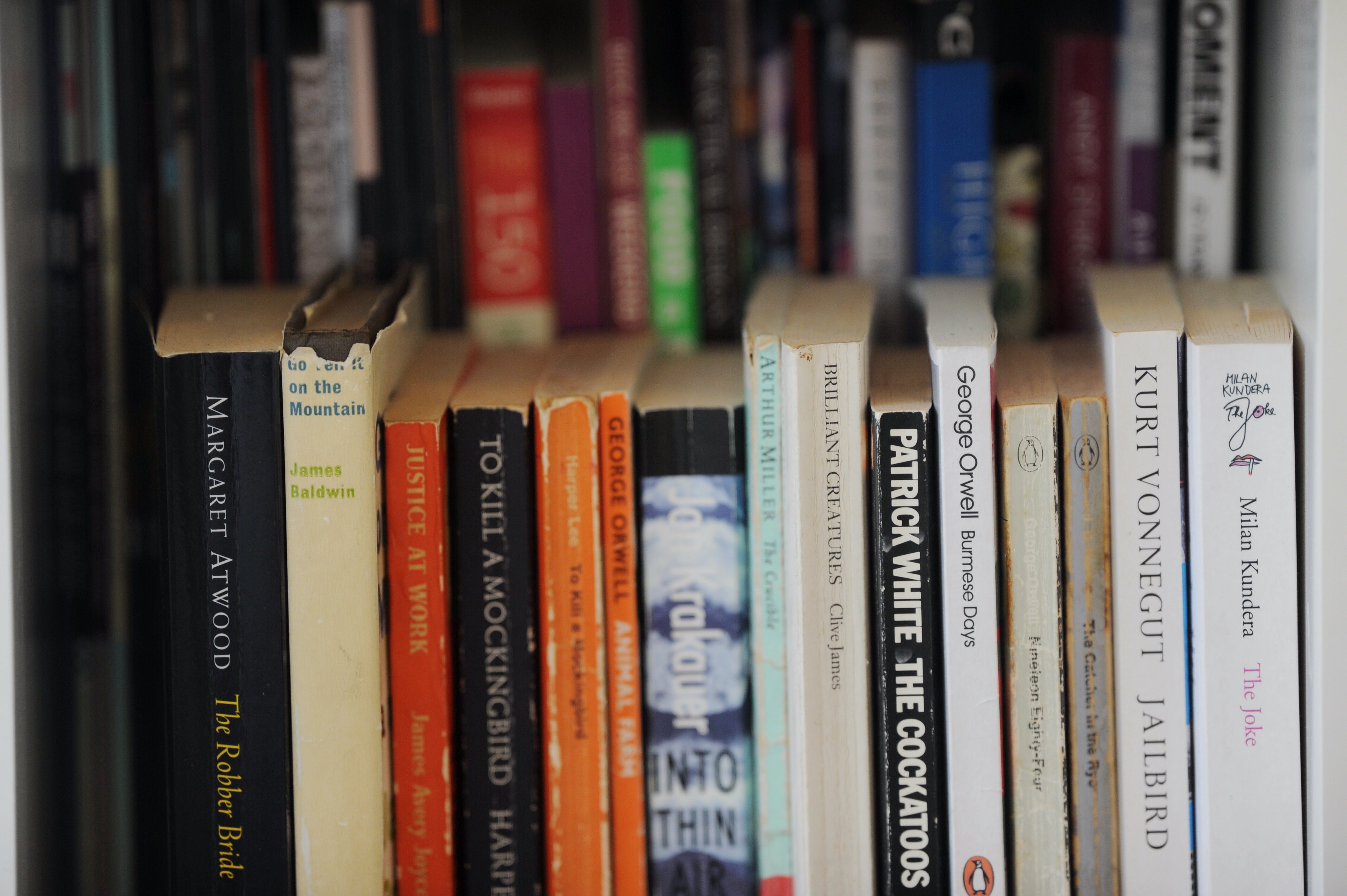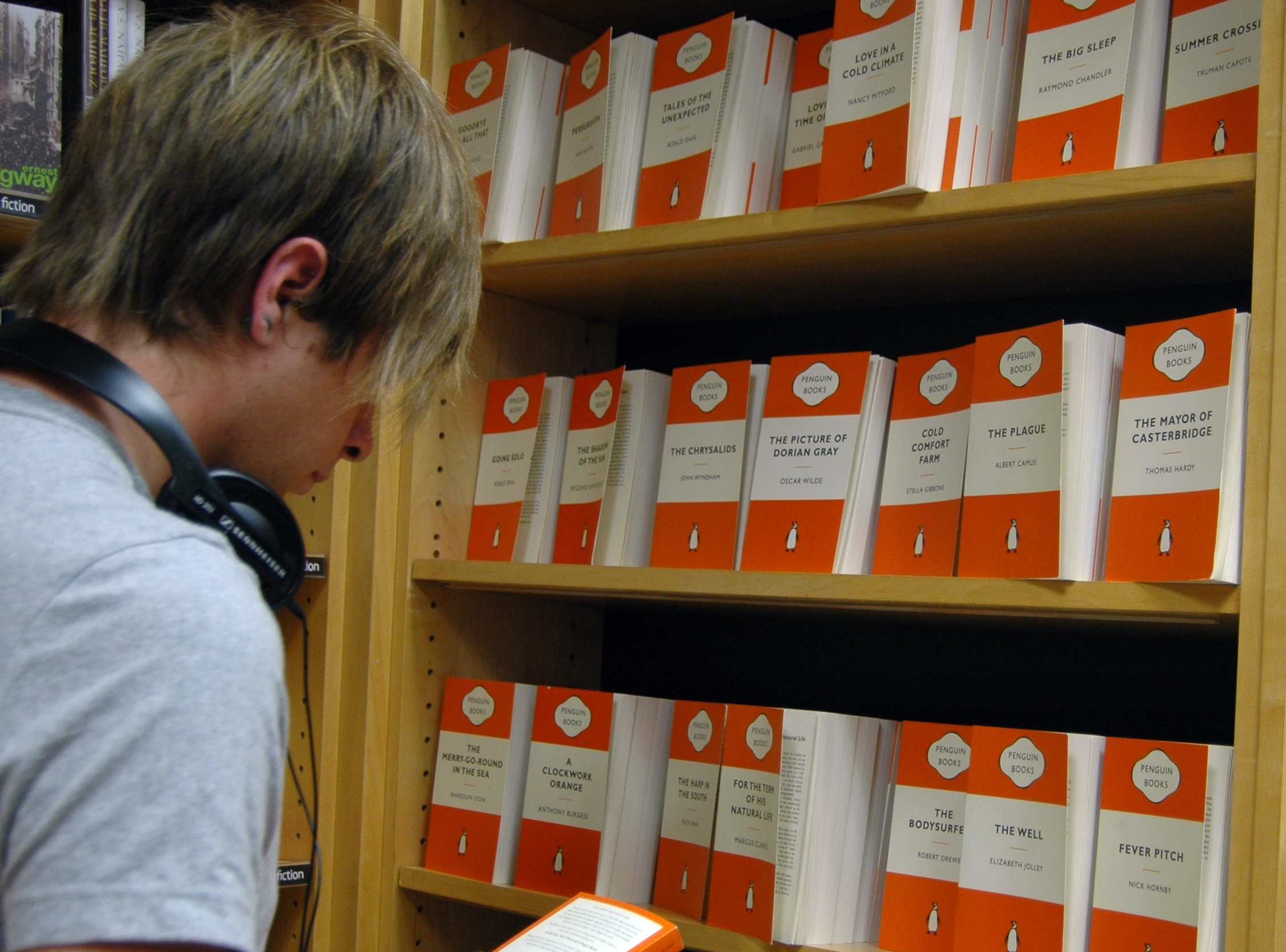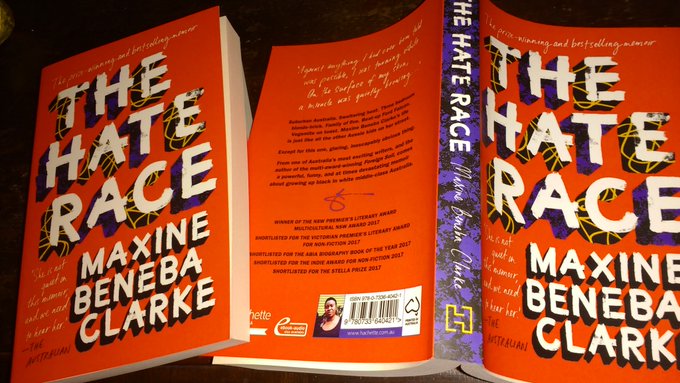
The enduring ‘cultural cringe’ about teaching Australian literature

Australian literature hasn’t received the attention it deserves in the classroom, but a new project aims to help teachers share its diversity with Australian high-school students
Published 16 February 2020
Why are so many “classics” written by old, dead, (usually) straight white guys? - Secondary English Teacher, Teacher-Researchers project
The aim of literature is to expand students’ experiences of their neighbours, communities and world. And the teaching of literature is a core part of secondary schooling in every national context.

Historically, it has played a key role in shaping personal, national and global identities, and in developing empathy and insights into the human condition.
In Australia, though, there is an ongoing tension between the expansive role of literature and the texts that are selected for study in secondary English.
In short, Australian literature hasn’t received the attention it deserves. As we enter the third decade of the 21st century, secondary English in Australia continues to privilege texts from Britain and North America.

Researchers at the University of Melbourne are investigating how teachers can be supported to promote and engage with Australian literature in classrooms across the country.
The aim is to help foster greater understanding of Australian texts and to recognise their value within the Australian curriculum.
Cultural cringe?
There are several reasons for the marginalisation of Australian texts within schools.

Historically, Australian literature has been viewed as of lesser quality.
Famously, in the 1940s, when Jury Professor of English at the University of Adelaide J.I.M. Stewart, was asked to give a lecture on Australian literature he chose instead to speak about English novelist D.H. Lawrence’s Kangaroo.
He claimed there was no Australian literature for him to lecture on - despite the fact that a two-volume anthology had just been published.

Arts & Culture
How can literature influence public policy?
The ‘cultural cringe’, a term coined by Australian writer, critic and teacher A.A. Phillips following the Second World War, also had a profound and enduring impact on practices surrounding literature.
In the 1970s, grants to the Australian publishing industry from the Whitlam Government sought to address this bias, but precarious support for Australian publishing has meant that Australian authors are still not supported in a sustained way.
So Australian literature, in its diversity, hasn’t been taught consistently at tertiary institutions. For generations, future secondary English teachers may not have experienced Australian texts at secondary school or in undergraduate or teacher preparation degrees.
Consequently, this notion of literature being produced ‘elsewhere’ continues to haunt secondary English.

White and male
While most students in Australian schools would study more than one Shakespeare play, they may go through their entire secondary school education without studying an Australian text – let alone one authored by an Australian who isn’t white and male.
This means amazing books like The Hate Race and Terra Nullius are less likely to be taught to students.

Arts & Culture
The rise of the microgenre
We also see this bias in the texts set for high-stakes examinations around the country.
An analysis of student responses to examinations suggest those who write on canonical texts (that is, those taught in the curriculum) by white writers are more likely to be rewarded for their efforts.
In attempting to address this situation, in 2008 the Australian Curriculum, Assessment and Reporting Authority (ACARA) mandated the teaching of Australian literature at every level from Foundation to Year 10 in the country’s first national curriculum.
While this can be seen as positive action, it reminds us of the magnitude of the issue – it is inconceivable that curriculum authorities in England would feel the need to enforce the study of British texts.

Further, this doesn’t address the need to resource teachers to teach texts they have not previously encountered, and nor does it combat entrenched practices of privileging canonical texts over any Australian texts set for study.
The Teacher-Researchers project emerges from this history.
Great australian texts
The project builds on previous research by members of the project team that investigated teachers’ responses to the mandate to teach Australian literature introduced in the Australian Curriculum: English in 2008.

The findings indicate the need to support teachers to develop new knowledge about the breadth and variety of Australian texts, and to provide teachers with support to engage deeply with Australian literature to support their teaching.
The pilot project, launched in May 2019, supported five secondary English teachers in Victoria to undertake a week-long literary research project drawing on the resources of the University of Melbourne Archives and the expertise of the project team, including key academics in education and literary studies.
They investigated texts and sources relevant to their teaching of Australian literature in the Australian curriculum.
A partnership with the Australian annual literary award, The Stella Prize, is central to this project and the texts investigated by teacher-participants are Stella Prize long-listed.

The five teachers participating in this initial pilot were selected from a range of schools and their projects focussed on ideas, themes and texts including:
Australian identity in The Hate Race, Foreign Soil and Terra Nullius
Empathy and creative writing in Like a House on Fire
Feminism and multicultural identity in Laurinda
Intertextuality and intersectionality in The Hate Race
Difference and polyvocality in Heat and Light, Foreign Soil and Only the Animals

Education
What does a great teacher look like?
These teachers are supported to use their research project and their experience in the Archive as a starting point for continued advocacy and engagement with Australian literature in and beyond their schools.
The second stage of the project will look at how the teachers implement their research projects within their classrooms in early 2020.
But the overall aim is simple – to see great Australian texts take their rightful place in the Australian curriculum and classroom.
If you would like more information about this project, go to: http://teacher-researchers.org/
Banner: AAP


